Ensuring the optimal performance of your semi-trailer’s Anti-lock Braking System (ABS) is crucial for safety, efficiency, and longevity. At CarMax Vehicle, we understand the complexities involved in maintaining and troubleshooting trailer ABS systems. This comprehensive guide delves into the intricacies of trailer ABS troubleshooting, providing detailed insights to help you identify, diagnose, and resolve common issues effectively.
Understanding Trailer ABS: The Core Components
Before diving into troubleshooting, it’s essential to grasp the fundamental components that constitute a trailer’s ABS system. A typical ABS setup in trailers includes:
| Component | Function |
|---|---|
| ABS Controller | Manages brake pressure to prevent wheel lock-up during braking. |
| Wheel Speed Sensors | Monitor the rotational speed of each wheel to detect potential lock-up. |
| Hydraulic Valves | Regulate brake fluid pressure based on input from the ABS controller. |
| Brake Lines | Transport brake fluid between the tractor and trailer brakes. |
| Electrical Wiring | Connects all electrical components, ensuring seamless communication. |
Understanding these components is pivotal when diagnosing ABS-related issues, as problems can arise from any part of the system.
Common ABS Issues in Trailers
Trailer ABS systems, while robust, are susceptible to certain issues that can impair their functionality. Below are the most prevalent problems encountered:
- Faulty Wheel Speed Sensors: Misreading wheel speeds can trigger ABS warnings or cause the system to malfunction.
- Damaged Hydraulic Valves: Leaks or blockages in the hydraulic valves can lead to inconsistent brake pressure.
- Wiring Problems: Corroded or damaged wiring can disrupt communication between the ABS controller and other components.
- Controller Failures: Software glitches or hardware malfunctions in the ABS controller can disable the entire system.
- Brake Drum or Rotor Wear: Excessive wear can interfere with sensor accuracy and braking efficiency.
Recognizing these issues early can prevent more severe problems and ensure your trailer remains safe on the road.
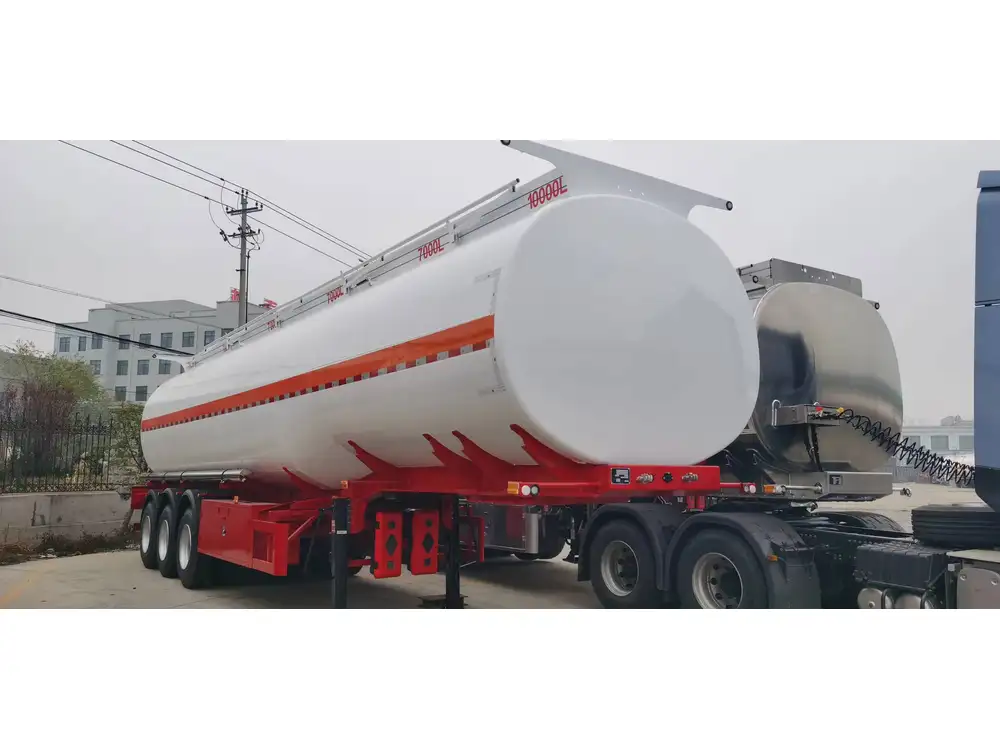
Step-by-Step ABS Troubleshooting Guide
Effective troubleshooting requires a systematic approach. Follow these steps to diagnose and resolve ABS issues in your trailer:
1. Preliminary Inspection
Begin with a visual and functional inspection to identify obvious signs of wear or damage.
- Check for Warning Lights: Ensure the ABS warning light on the dashboard is functioning correctly.
- Inspect Brake Components: Look for signs of wear, damage, or leaks in the brake system.
- Examine Electrical Connections: Verify that all connectors are secure and free from corrosion.
2. Verify Wheel Speed Sensors
Wheel speed sensors are critical for ABS functionality. To assess their condition:
- Visual Inspection: Look for physical damage or debris obstructing the sensors.
- Use a Multimeter: Test the sensor’s electrical resistance to ensure it’s within manufacturer specifications.
- Spin the Wheel: Observe if the sensor correctly detects wheel speed movements.
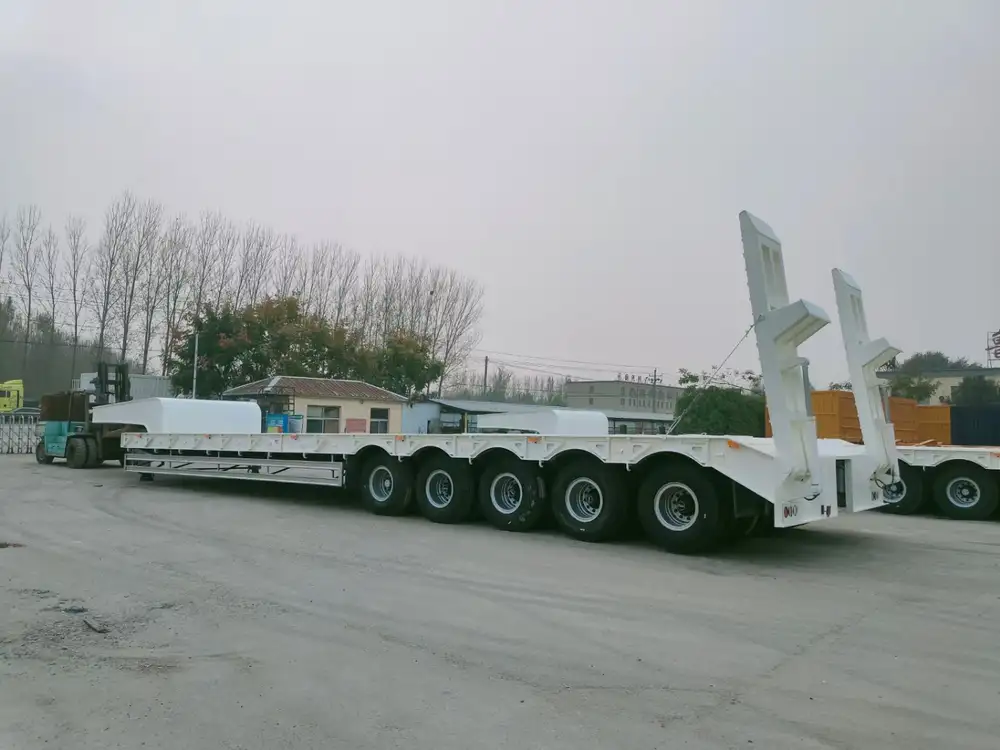
3. Test Hydraulic Valves and Brake Lines
Hydraulic components regulate brake pressure and require precise functionality.
- Pressure Test: Use a hydraulic pressure tester to check for leaks or inconsistencies in brake lines.
- Valve Operation: Manually operate hydraulic valves to ensure they respond appropriately to pressure changes.
- Fluid Levels: Confirm that brake fluid levels are adequate and free from contamination.
4. Inspect the ABS Controller
The ABS controller is the brain of the system; any malfunction here can disrupt braking performance.
- Diagnostic Scan: Utilize an OBD-II scanner compatible with trailer ABS systems to retrieve error codes.
- Firmware Updates: Ensure the controller’s software is up-to-date, as outdated firmware can cause operational issues.
- Hardware Assessment: Check for any physical damage or overheating signs on the controller unit.
5. Assess Electrical Wiring
Electrical integrity is vital for seamless communication within the ABS system.
- Continuity Test: Use a multimeter to verify that all wiring circuits are complete without breaks.
- Connector Integrity: Ensure all electrical connectors are secure and free from corrosion or debris.
- Signal Verification: Confirm that signals between the ABS controller and sensors are transmitting correctly.
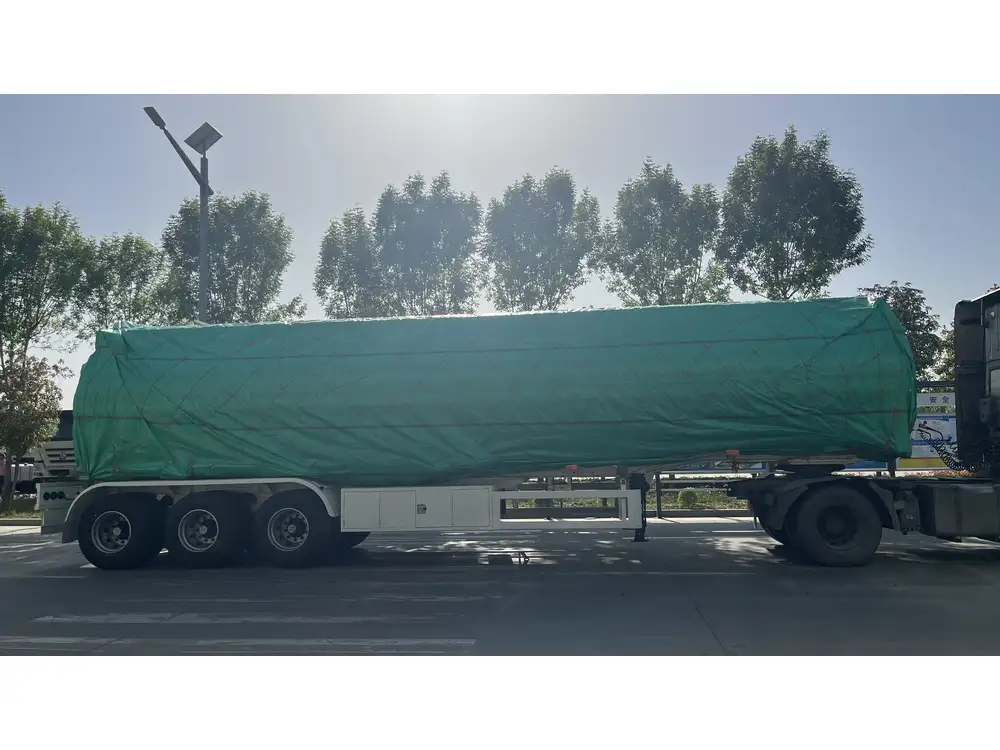
6. Evaluate Brake Drum or Rotor Condition
The mechanical components of the braking system must be in optimal condition for the ABS to function correctly.
- Wear Assessment: Measure the thickness of brake drums or rotors to ensure they meet minimum specifications.
- Surface Inspection: Look for scoring, warping, or other surface imperfections that could affect sensor readings.
- Alignment Check: Ensure that brake components are correctly aligned and not causing undue stress on the ABS sensors.
Advanced Troubleshooting Techniques
For more intricate or persistent ABS issues, advanced diagnostics may be necessary. These techniques require specialized tools and expertise:
Oscilloscope Analysis
Using an oscilloscope to monitor the electrical signals from the wheel speed sensors can help identify irregularities or intermittent faults that standard multimeter tests might miss.
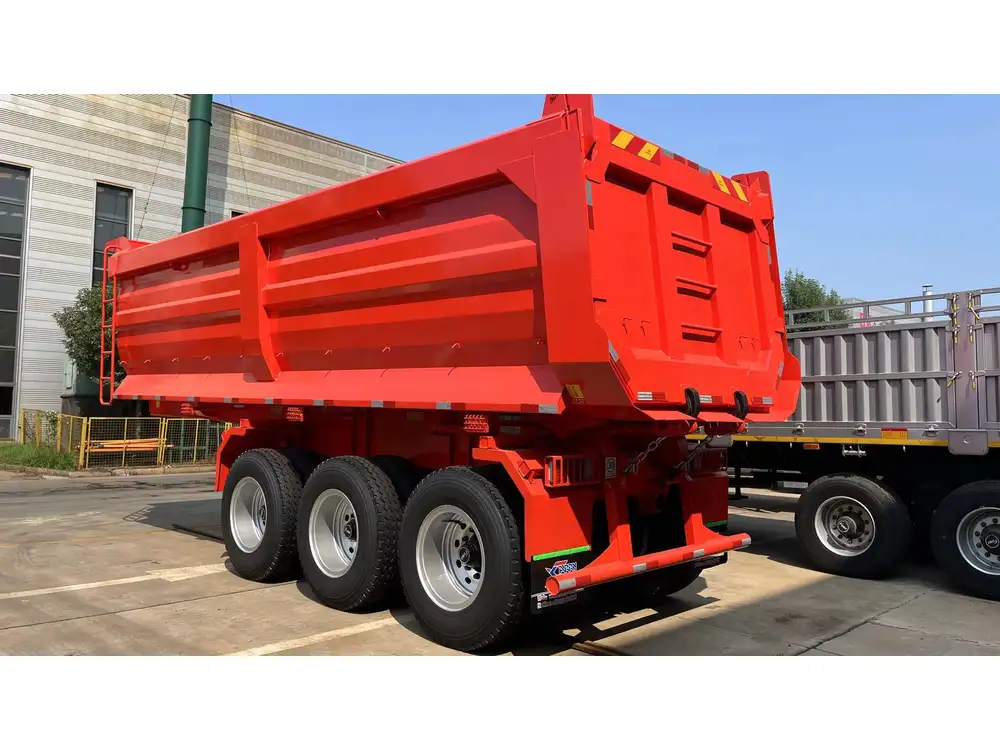
Thermal Imaging
Thermal cameras can detect overheating components within the ABS system, such as the controller or hydraulic valves, indicating potential failure points.
Brake System Flush
Flushing the brake system to remove air bubbles or contaminants can resolve issues related to inconsistent brake pressure and improve ABS responsiveness.
Preventative Maintenance for Trailer ABS Systems
Proactive maintenance is key to minimizing ABS issues and ensuring long-term reliability. Implement the following practices:
- Regular Inspections: Schedule routine inspections of all ABS components to catch wear and tear early.
- Brake Fluid Replacement: Change brake fluid periodically to maintain optimal hydraulic performance and prevent corrosion.
- Sensor Cleaning: Keep wheel speed sensors clean and free from debris to ensure accurate readings.
- Wiring Protection: Apply protective coatings to wiring harnesses to guard against moisture and corrosion.
- Firmware Updates: Stay current with manufacturer-released firmware updates to address known issues and enhance system performance.

Comparative Analysis: CarMax Trailer ABS Systems vs. Competitors
At CarMax Trailer, our ABS systems are engineered for superior performance and reliability. Here’s how we stand out against competitors:
| Feature | CarMax Trailer ABS | Competitor A | Competitor B |
|---|---|---|---|
| Advanced Diagnostics | Yes | Limited | No |
| Durability | High-grade materials | Standard | Standard |
| Ease of Maintenance | User-friendly design | Complex | Moderate |
| Warranty | 5 years | 3 years | 2 years |
| Software Updates | Regular and free | Infrequent | Paid updates |
Choosing CarMax Trailer ABS ensures you receive a state-of-the-art system backed by comprehensive support and exceptional durability.
Benefits of Proper ABS Troubleshooting
Effectively troubleshooting your trailer’s ABS system yields numerous advantages:
- Enhanced Safety: Reliable ABS performance prevents wheel lock-up, reducing the risk of accidents.
- Improved Brake Efficiency: Optimal ABS functionality ensures consistent braking power and shorter stopping distances.
- Cost Savings: Early detection and resolution of issues prevent costly repairs and extend the lifespan of brake components.
- Regulatory Compliance: Well-maintained ABS systems help meet safety regulations and standards.
- Operational Reliability: Dependable ABS systems minimize downtime and ensure your trailer is always road-ready.
Troubleshooting ABS: A Case Study
Consider a scenario where a CarMax Trailer user experiences intermittent ABS warnings. Following our troubleshooting guide:
- Initial Inspection: Confirmed ABS warning light activation without obvious external damage.
- Sensor Testing: Identified a malfunctioning wheel speed sensor through resistance measurements.
- Hydraulic Inspection: Found no issues with brake lines or valves.
- Controller Diagnostics: Retrieved error codes indicating sensor communication errors.
- Resolution: Replaced the faulty sensor and cleared the error codes, restoring normal ABS functionality.
This systematic approach ensured a swift and effective resolution, highlighting the importance of thorough troubleshooting.
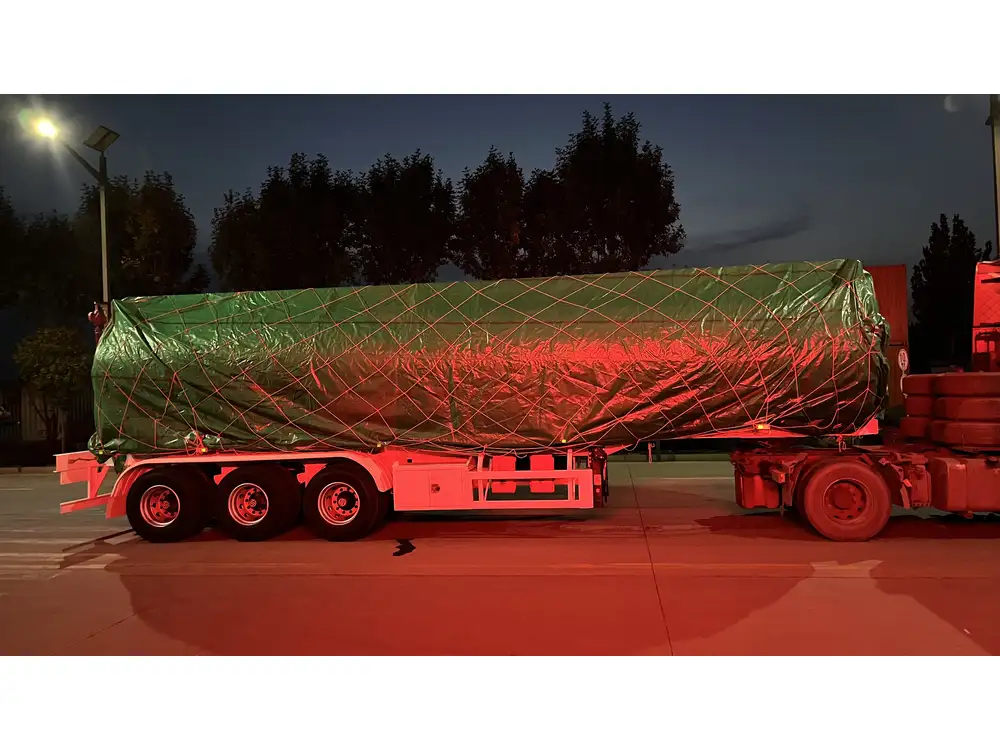
Essential Tools for ABS Troubleshooting
Equipping yourself with the right tools is crucial for efficient ABS troubleshooting. Here’s a list of essential instruments:
- Multimeter: For electrical testing of sensors and wiring.
- OBD-II Scanner: To read and interpret ABS error codes.
- Hydraulic Pressure Tester: For assessing brake line pressure and valve integrity.
- Oscilloscope: For advanced signal analysis from wheel speed sensors.
- Thermal Imaging Camera: To detect overheating components within the ABS system.
- Brake Inspection Tools: For evaluating the condition of drums, rotors, and other brake components.
When to Seek Professional Assistance
While basic troubleshooting can often be handled internally, certain situations necessitate professional expertise:
- Persistent ABS Failures: If issues persist after initial troubleshooting, professional diagnostic tools may be required.
- Complex Electrical Problems: Advanced wiring or controller issues are best addressed by certified technicians.
- Component Replacement: Ensuring proper installation of critical ABS components may require specialized knowledge.
- Firmware Corruptions: Professional intervention may be necessary to safely update or reinstall ABS controller firmware.
At CarMax Vehicle, our team of experts is equipped to handle even the most challenging ABS issues, ensuring your trailer remains safe and efficient.
Enhancing ABS Performance with CarMax Trailer Solutions
To maximize the performance and reliability of your trailer’s ABS system, consider the following CarMax Trailer solutions:
- Advanced ABS Controllers: Engineered for precision and durability, our controllers offer superior performance under various conditions.
- High-Quality Wheel Speed Sensors: Designed to provide accurate and reliable readings, enhancing overall ABS functionality.
- Robust Hydraulic Components: Utilizing top-grade materials to ensure consistent brake pressure regulation.
- Comprehensive Diagnostic Tools: Available for CarMax Trailer owners to perform routine checks and identify issues early.
- Customer Support Services: Our dedicated team is available to assist with troubleshooting, maintenance, and repairs.
Investing in CarMax Trailer ABS systems not only ensures top-notch performance but also provides peace of mind on every journey.
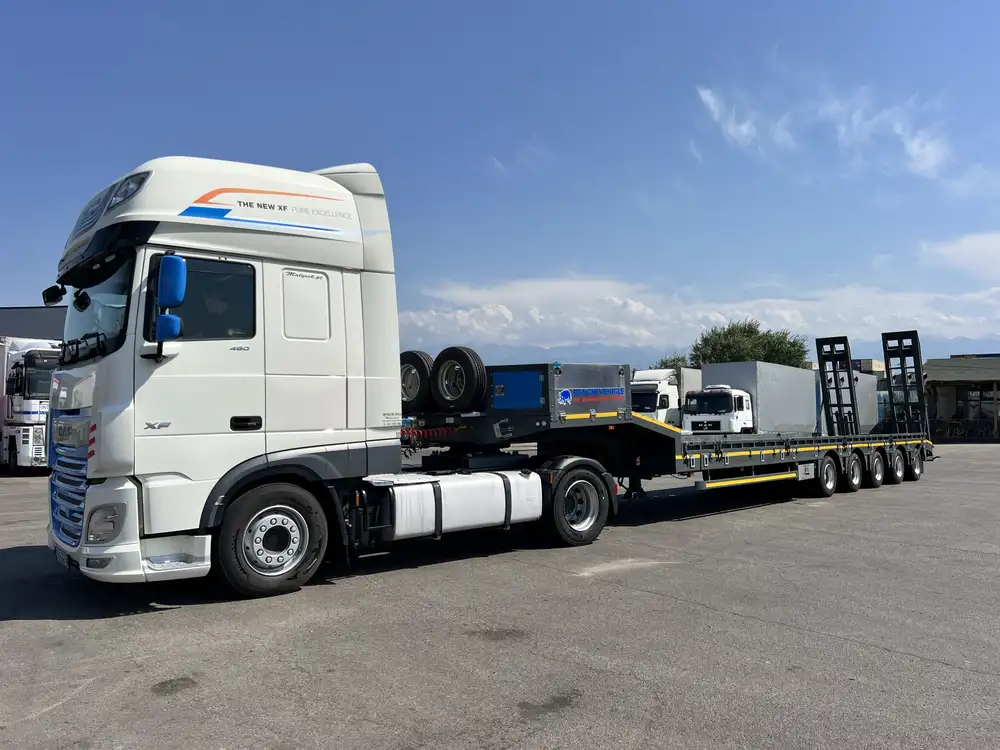
Best Practices for Maintaining Trailer ABS Systems
Adhering to best practices in maintenance can significantly extend the lifespan and effectiveness of your trailer’s ABS system:
- Regular Cleaning: Keep all ABS components, especially wheel speed sensors, free from dirt and debris.
- Scheduled Inspections: Implement a routine inspection schedule to monitor the condition of ABS components.
- Timely Repairs: Address any signs of wear or malfunction immediately to prevent escalation.
- Proper Loading: Ensure the trailer is loaded within its weight capacity to reduce strain on the braking system.
- Environmental Protection: Protect the ABS system from harsh environmental conditions by using appropriate covers or enclosures.
By following these best practices, you ensure that your ABS system remains in peak condition, providing reliable performance whenever needed.
Innovations in Trailer ABS Technology
The landscape of trailer ABS technology is continually evolving, driven by advancements that enhance safety and efficiency:
- Electronic Stability Control (ESC): Integrates with ABS to improve vehicle stability during critical maneuvers.
- Adaptive Brake Systems: Automatically adjust braking force based on real-time road conditions and load variations.
- Telematics Integration: Allows for remote monitoring and diagnostics of ABS performance through connected devices.
- Energy Regeneration Features: In hybrid or electric trailers, ABS systems contribute to energy recovery during braking.
- Sensor Fusion Technology: Combines data from multiple sensors for more accurate and responsive ABS control.
Staying abreast of these innovations ensures that your trailer’s ABS system remains cutting-edge, offering enhanced safety features and improved operational efficiency.
Conclusion
Effectively troubleshooting your trailer’s ABS system is vital for maintaining safety, reliability, and performance. At CarMax Vehicle, we provide the expertise and solutions necessary to address and resolve ABS-related issues comprehensively. By understanding the core components, recognizing common problems, and following a systematic troubleshooting approach, you can ensure that your trailer’s ABS system operates flawlessly. Invest in regular maintenance and leverage CarMax Trailer’s advanced ABS technologies to keep your fleet moving safely and efficiently.

Frequently Asked Questions
1. What are the signs of a failing trailer ABS system?
Common signs include ABS warning lights on the dashboard, unexpected brake behavior, increased stopping distances, and abnormal noises during braking.
2. How often should I inspect my trailer’s ABS components?
Regular inspections should be conducted during routine maintenance checks, typically every 5,000 to 10,000 miles, or more frequently in harsh operating conditions.
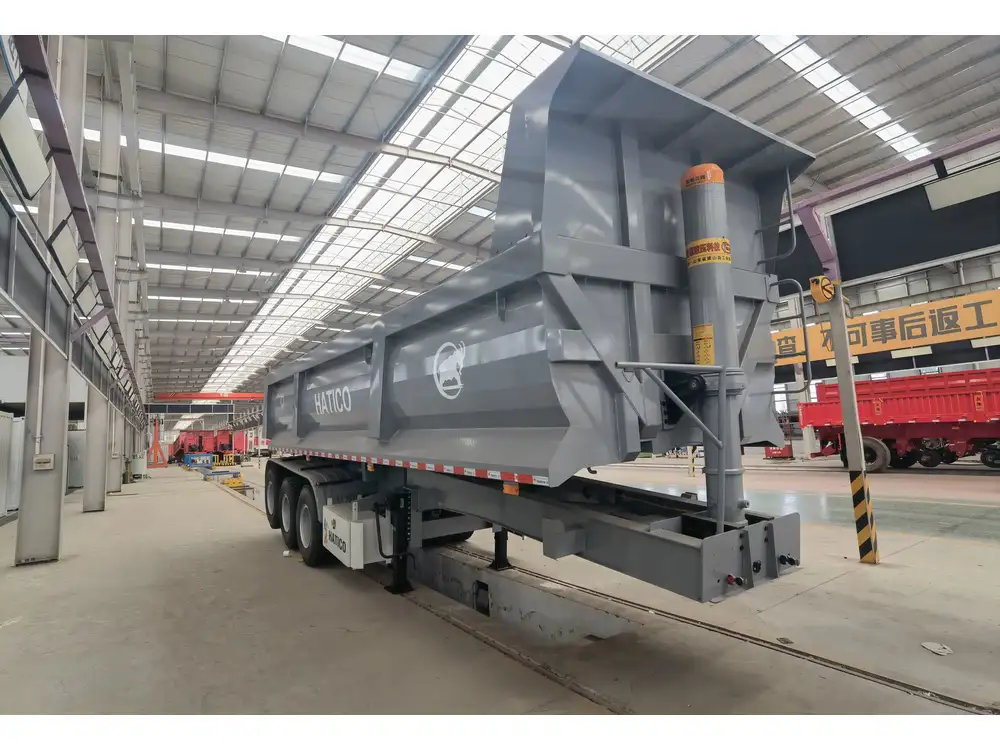
3. Can I reset the ABS system myself after troubleshooting?
Yes, after addressing the identified issues, you can reset the ABS system using an OBD-II scanner. However, ensure that all problems are fully resolved before resetting to prevent recurring issues.
4. Is it necessary to replace all wheel speed sensors if one fails?
Not necessarily. Typically, only the faulty sensor needs replacement. However, if multiple sensors show wear or damage, replacing them simultaneously can ensure consistent performance.
5. How does trailer load affect ABS performance?
Excessive or uneven loading can strain the ABS system, leading to premature wear or malfunction. Proper loading within the trailer’s capacity ensures optimal ABS functionality and overall braking performance.



